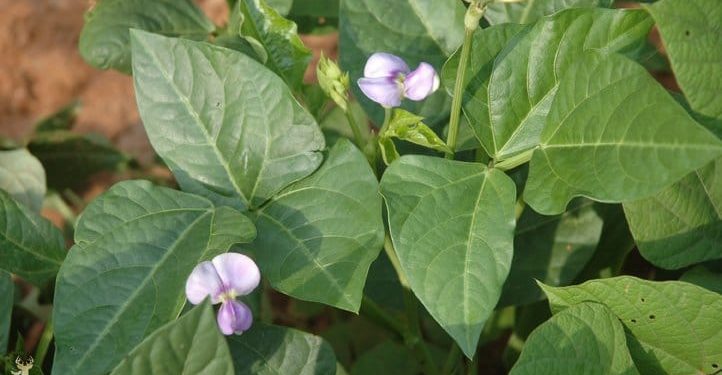Kenyan cowpeas exporters have received a significant boost after the United Kingdom reduced the sample size required for quality inspections, effectively cutting it in half. This move is expected to minimize losses incurred by exporters due to forfeited crop samples.
Juma Mukhwana, Industry Principal Secretary, announced on Tuesday that the UK has reduced the sample size required for cowpeas export inspections from 10% to 5%. This decision follows extensive negotiations between Kenya and the UK.
“For every one kilogram, you had to test 100 grams, which is 10 percent, but we said that was too much. Now we are doing five percent,” Mukhwana said. He emphasized that a larger sample size increases costs for exporters and noted that Kenya has requested further reductions to lower export costs even more.
Cowpeas, locally known as *kunde*, are one of Kenya’s most profitable fresh produce exports, with a local production of 131,118 tonnes valued at KES 9.3 billion in 2022, according to the Agriculture and Food Authority.
Previously, the UK required fresh produce exporters to submit 10% of their export volumes for phytosanitary inspections, ensuring they were free of pests, diseases, and pesticide residues. These assessments are conducted by the Kenya Plant Health Inspectorate Service to meet international phytosanitary standards.
In addition to local inspections, non-European Union exporters must obtain a certificate of conformity from the UK Animal and Plant Health Agency to access the UK market.
Trade Principal Secretary Alfred K’Ombudo noted that while Kenya has significantly improved its testing standards, the UK still demanded extensive quality checks on fresh produce. Kenya raised these concerns with the UK through the UK–Kenya Economic Partnership Agreement Council in 2023, initiating the process of revising the inspection quantity threshold.
K’Ombudo also mentioned that Kenya will continue to push for reduced inspection quantities for other horticultural exports to further alleviate costs for local exporters.










